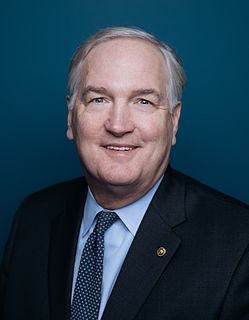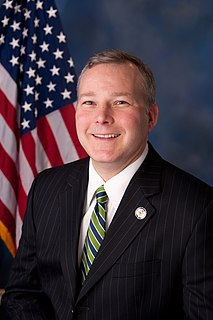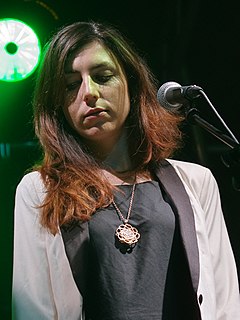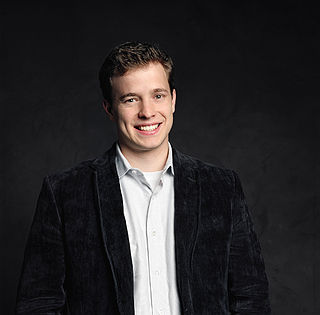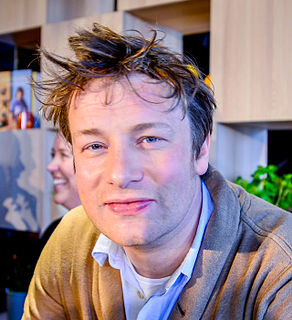A Quote by Matthew Heineman
I want to move people to think and ponder the question of their own healthcare. And it doesn't need to be political thinking.
Related Quotes
The thing is, right now the films don't need to be overtly political to be about our times. We also need films that are just human, that are about people. People need that, too. It's like we need to reconnect to what it is to be human. Not just what our political situation is. That's not what I'm thinking about exclusively. Human content is needed again, as it was in the '70s. I think films were more human than they've been since then.
When you achieve it fully, you create something that's transparent - that people can move into and through their own experiences. As a writer, I don't want people spending time thinking, "What does she mean?" I want, in a way, my text to go away. So that the words on the page become a door to one's own internal investigation. It's just a passage. If the work does its job, it just opens.
Being in a field like healthcare, for me, as someone who is basically on a mission to make a global impact in terms of affordable access to healthcare, I am very, very concerned about the fact that there are a large number of people in this world who need to have some access to basic rights, whether it is in education or healthcare.
It's an important moment as a reader, I think, when you can forget the question of whether you need to know what happened. Some people really want hard explanations. I'm the other way. I like mysteries. I don't want to frustrate people. I don't want people to feel like they got no answers, but I want to approach the mystery and sit with it.
I am interested in the political economy of institutional power relationships in transition. The question is one of "reconstructive" communities as a cultural, as well as a political, fact: how geographic communities are structured to move in the direction of the next vision, along with the question of how a larger system - given the power and cultural relationships - can move toward managing the connections between the developing communities. There are many, many hard questions here - including, obviously, ones related to ecological sustainability and climate change.
I think the idea of freedom or liberty is really misused for political reasons, but it's something that resonates with people to the core. People want to be masters of their own destinies, but at the same time, I think they do so selectively. Sometimes they want to be told exactly what to do so they don't have to think for themselves - as long as they can still exercise their free will.

